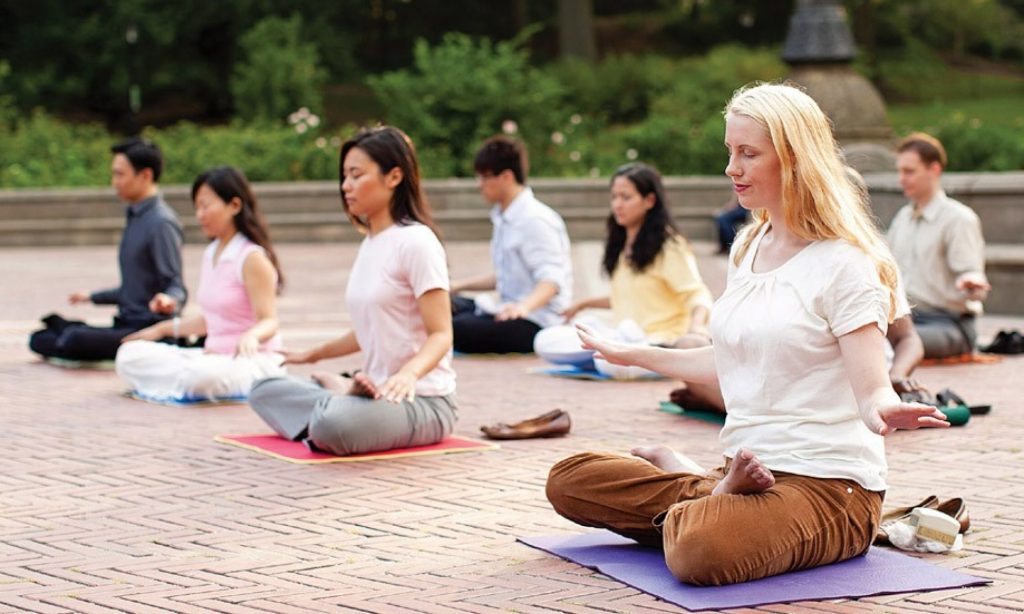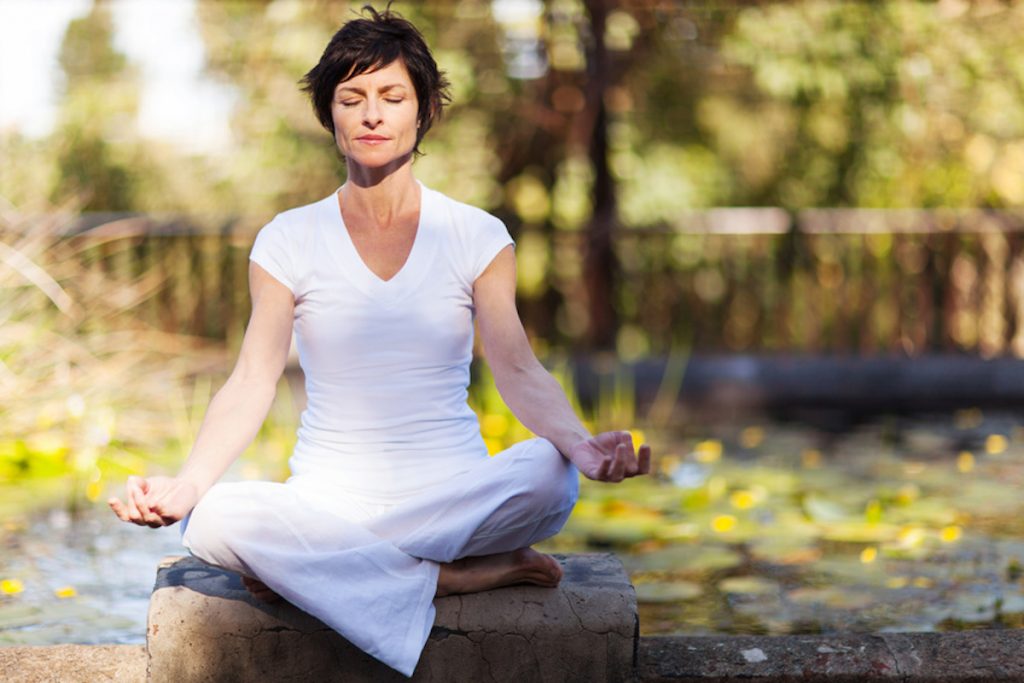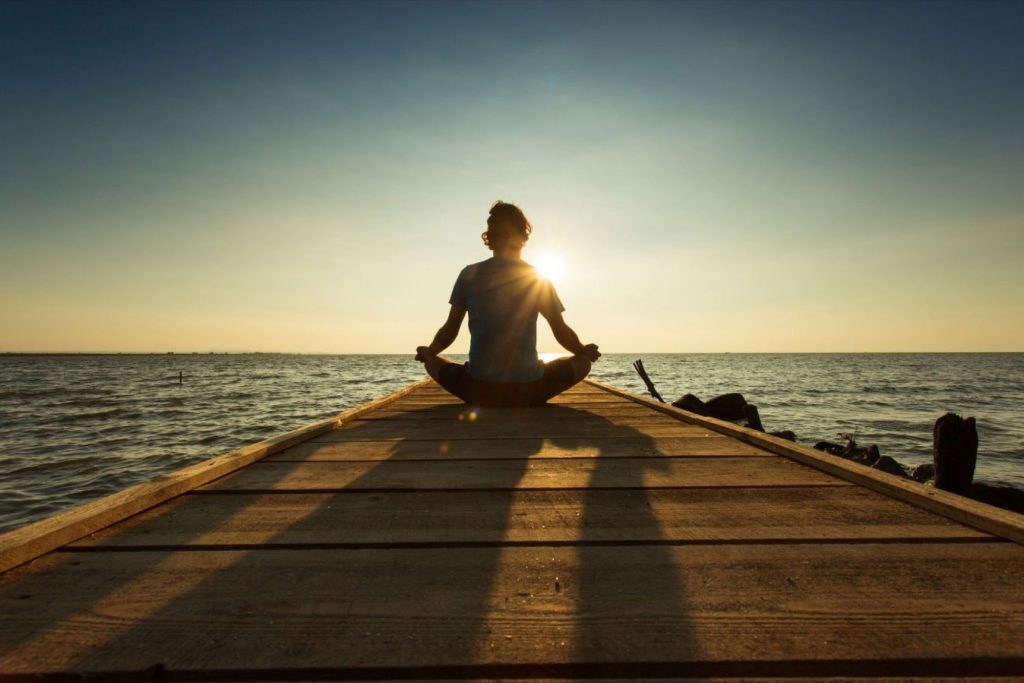
Recently, we read about the introduction of meditation to an Alaskan shipyard – workers in this most masculine of professions had started to meditate and stretch each morning to promote wellbeing. This got us thinking: if the benefits found in meditation are universal, and meditation is for everyone, why does it feel so newsworthy when it turns up in the “manly” setting of a shipyard? Do we, as a society, believe that awareness around wellbeing and mental health only really fit in certain professions, and for certain individuals?
There certainly is a cultural idea about the type of person who meditates. While we may have moved on from the general view that meditation is the sole preserve of spiritualists and hippies (who have always been rather unfairly maligned), a new image has manifested itself. Now meditation and self-care are for the most part perceived as feminine, pastel-shaded, and maybe even a little wishy-washy. Perhaps most disturbingly, it’s also seen as a hobby for the fairly well off – as something only successful members of new and forward-thinking industries have access to, especially within the workplace.
The crux of this is that meditation is not widely considered to be something that everyone gets to make part of their lives. Society seems to believe that sensible women, with their feet on the ground and little time for “indulging” themselves, aren’t going to pop along to their local class. And it’s especially not likely to be something that masculine blokes, the type who do blokey things like enact feats of strength and make ambient growling sounds, are interested in.
But then again, our founder Will is a bloke. Thinking about self-care is actually very important for men, and meditation is a great way to handle the stress and upset that some feel they can’t otherwise express. The biggest killer of men under 45 in the UK is suicide, and while for many these emotional and mental health issues will never become that stark, a hangover of our traditional ideas about masculinity means that men can feel stymied in their attempts to look after themselves.
When men do take up meditation (and are lauded for doing so), it’s usually in the context of sharpening their business or creative prowess – such as CEOs of multi-million pound companies Ray Dalio, Bob Shapiro and Steve Rubin. This is awesome of course – meditation does give laser-like focus, improve our leadership skills, and make us more creative. But it also helps us deal with stress, unresolved trauma, and anxiety. Seeing the practice as a way to improve the mental health of men throughout society, from the boardroom to the warehouse, is arguably more important than pure performance.
There isn’t anyone who should be excluded from meditation, or feel that they aren’t the “right” kind of person to pursue the practice. Yes, western culture may be full of intimidating images of meditation-based perfection, where beautifully-dressed people lead unbelievably serene and healthy lives. But in reality, meditation isn’t about separating yourself off from the world in a sublime vision of calm. It can be part of a noisy, normal, earthy life, one where you can throw yourself into the pleasures of the world, and still benefit from sitting quietly each day.
You don’t need to be particularly spiritual either. While we’re totally on board with connecting to the universe if that’s the sort of thing that speaks to you, being interested in the less tangible things in life isn’t a prerequisite for meditation.
If you’re the sort of person who loves nothing more than a Netflix binge and a takeaway pizza, and are about as likely to go to an aura reading as to tell a sweet old lady that her hair looks rubbish, we can’t stress enough that meditation is for you too. There’s room for everyone in the world of meditation, from the deeply spiritual to the people who think chakras are a eighties dance band – and all the lovely benefits apply to all.
If you would like to find out more about meditation, then you can read our introductory pages here.

The Benefits of Beeja Meditation
- Reduce stress and anxiety
- Greater clarity and calm
- Increase focus
- Enhance relationships
- Sleep better
- Feel energised



